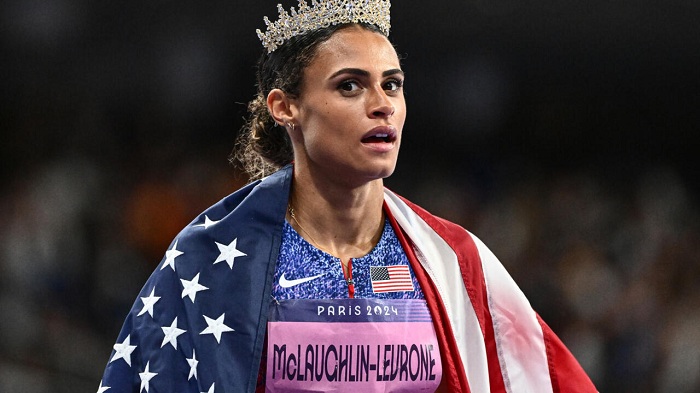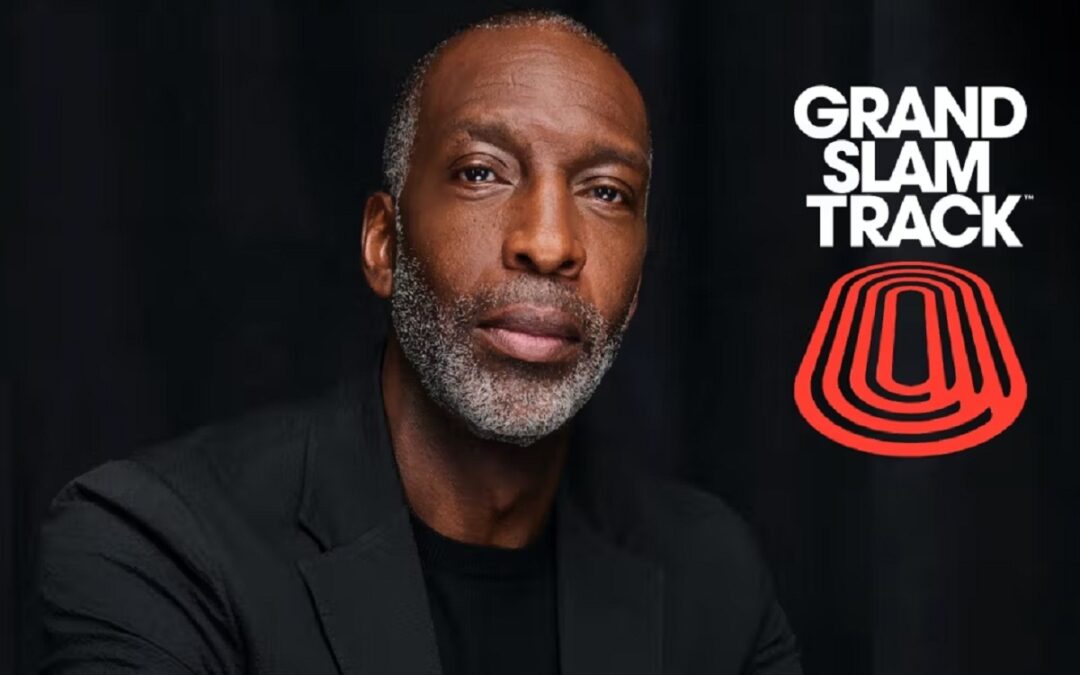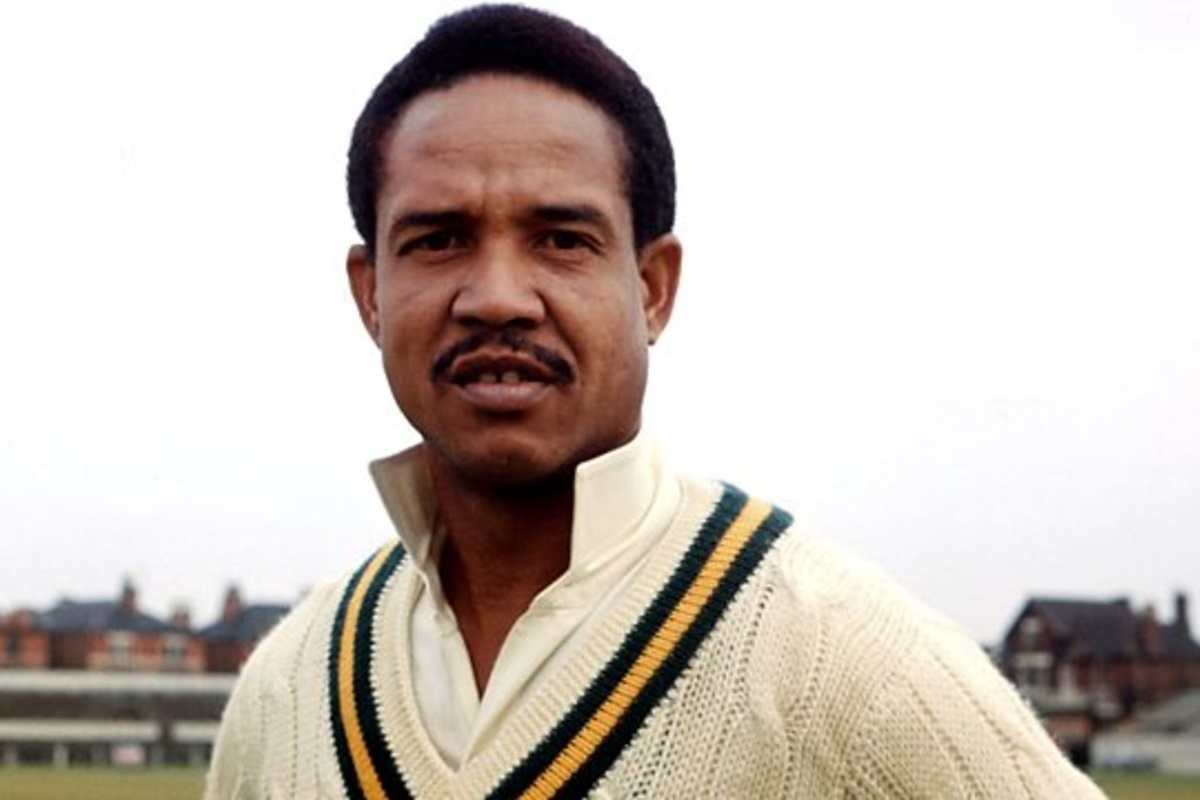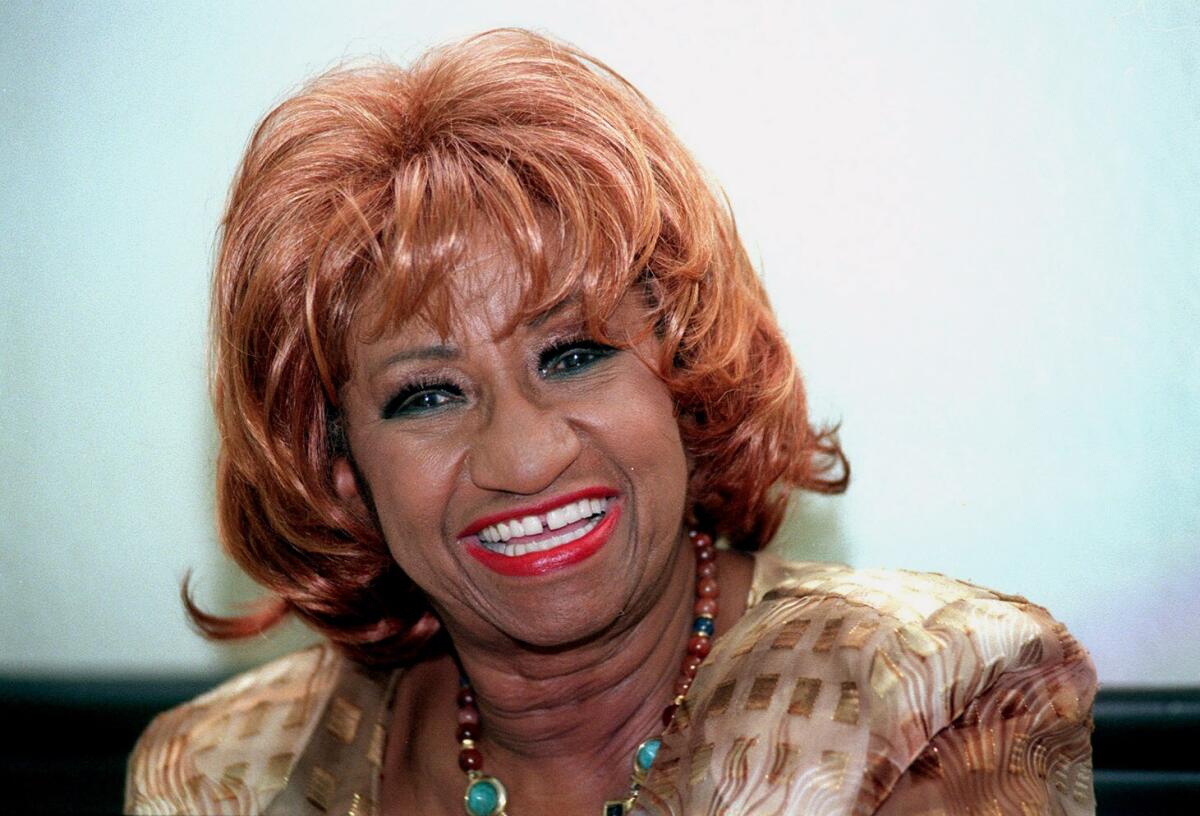The world of track and field will turn its eyes to Kingston, Jamaica, as Michael Johnson, the legendary sprinter with four Olympic gold medals, unveils the inaugural season of Grand Slam Track.
This ambitious new league promises to shake up the sport, offering a fresh platform for athletes, unprecedented financial rewards, and a chance to keep the Olympic spotlight burning year-round. With the National Stadium’s newly resurfaced track gleaming in Jamaica’s green, yellow, and black, Johnson’s vision is set to ignite a revolution in athletics. Here’s why this could be a game-changer.
A Vision Born from Legacy
Michael Johnson isn’t new to making history. The 57-year-old American dominated the 1990s, clinching gold in the 200m and 400m at the Atlanta 1996 Olympics and setting world records that cemented his status as a track icon. Now, he’s trading his spikes for a commissioner’s role, driven by a belief that track and field deserves more than its quadrennial Olympic moment.
“The sport doesn’t need saving,” Johnson insists, “but it does need a boost.” Grand Slam Track is his answer—a league designed to bridge the gap between Olympic highs and the sport’s quieter years.
Filling the Void
For many fans, track and field’s allure peaks every four years, only to fade as athletes scatter to fragmented meets with little mainstream attention. Johnson sees Grand Slam Track as the solution, a consistent stage where the world’s best can clash regularly. With four meets scheduled in 2025—starting in Kingston, followed by Miami, Philadelphia, and Los Angeles—the league aims to keep the adrenaline pumping and the rivalries alive, all while tapping into markets hungry for elite competition.
The Grand Slam Blueprint
The league’s debut boasts a roster that reads like an Olympic highlight reel. Sydney McLaughlin-Levrone, the untouchable 400m hurdles world record holder, headlines a field that includes Paris 2024 standouts like Gabby Thomas, Cole Hocker, and Grant Fisher. These 48 contracted “Racers” are guaranteed spots at every meet, joined by 48 “Challengers”—rising stars looking to prove their mettle. Together, they’ll compete across six event categories, from short sprints to long distances, ensuring a diverse showcase of speed and stamina.
Two Races, One Champion
What sets Grand Slam Track apart is its innovative format. Each athlete will tackle two races per meet within their category—think 100m and 200m for short sprinters, or 3000m and 5000m for long-distance runners. Points from both races determine the winner, adding a layer of strategy and endurance to the mix. “It’s about more than one race,” Johnson explains. “It’s about consistency and versatility.” This twist promises nail-biting drama, especially when 1500m Olympic medalists like Hocker and Josh Kerr face off against 800m specialists in a single weekend.
Big Money, Bigger Stakes
Money talks, and Grand Slam Track is shouting. With a $12.6 million prize pool—backed by a $30 million investment from Winners Alliance—winners of each event group pocket $100,000 per meet, while even eighth place earns $10,000. Add in base salaries for Racers, a rarity in track, and the financial incentive is clear.
Kingston Kicks Off the Party
The choice of Kingston for the opener is no accident. Jamaica’s track legacy—think Usain Bolt and Shelly-Ann Fraser-Pryce—pairs perfectly with its passionate fans, who Johnson believes will “ignite” the series. The National Stadium’s track, freshly relaid with league support, is already being praised for its speed, setting the stage for blistering performances. With temperatures in the upper 80s and humidity thick in the air, the conditions could test the athletes as much as their rivals do.
Must-Watch Matchups

Day one promises fireworks. McLaughlin-Levrone will take on the 400m hurdles, facing Olympic finalists like Rushell Clayton and Jasmine Jones, before doubling back for a flat 400m that could challenge an American record. Meanwhile, the men’s short distance group pits Hocker, Kerr, and Yared Nuguse—Paris 1500m podium finishers—against 800m aces like Emmanuel Wanyonyi.
Beyond the Track
Grand Slam Track isn’t just for the stadium crowd. Nearly 200 countries will tune in, with Peacock and The CW covering the U.S., Eurosport spanning Europe and Asia, and TNT Sports bringing it to the UK and Ireland. This reach rivals the Olympics, a testament to Johnson’s ambition to make track a global staple.
Athlete-First Philosophy
Beyond the cash, the league pampers its stars. Business class flights, tickets for family, and space for personal videographers signal a new level of professionalism. “They’re not just showcasing us—they’re helping us shine,” Hocker notes. For Johnson, this is personal. Having thrived in the sport himself, he’s determined to spare today’s athletes the financial and mental struggles he’s seen too often.
Challenges and Critics
Not everyone’s on board. Big names like Noah Lyles, Sha’Carri Richardson, and Jakob Ingebrigtsen are absent, a gap that could dent U.S. appeal where Lyles, in particular, is a marketable force. The lack of field events—leaving out pole vault king Mondo Duplantis—also narrows the scope. Johnson shrugs off the skeptics. “We’ve got 48 of the best locked in. That’s what matters,” he says, focusing on the talent he has rather than who’s missing.
The Long Haul
Filling stadiums for three-day meets in cities like Miami and Los Angeles is a tall order, especially in a crowded sports landscape. Johnson admits year one won’t turn a profit—“Startups don’t,” he quips—but he’s in it for the long game. Support from World Athletics president Sebastian Coe, who sees the “luster” this brings, bolsters his resolve. “We’re growing the brand, the fanbase, the engagement,” Johnson says. “That’s success for now.”
A New Dawn?
As the starting gun fires in Kingston, Grand Slam Track could redefine track and field. It’s not about replacing the Diamond League or World Athletics—Johnson calls it “a different product”—but about carving a niche where athletes thrive and fans stay hooked. For stars like Fisher, it’s a shot at proving greatness consistently. For Johnson, it’s a debt repaid to a sport that gave him everything. Whether it soars or stumbles, one thing’s certain: track just got a whole lot louder.







